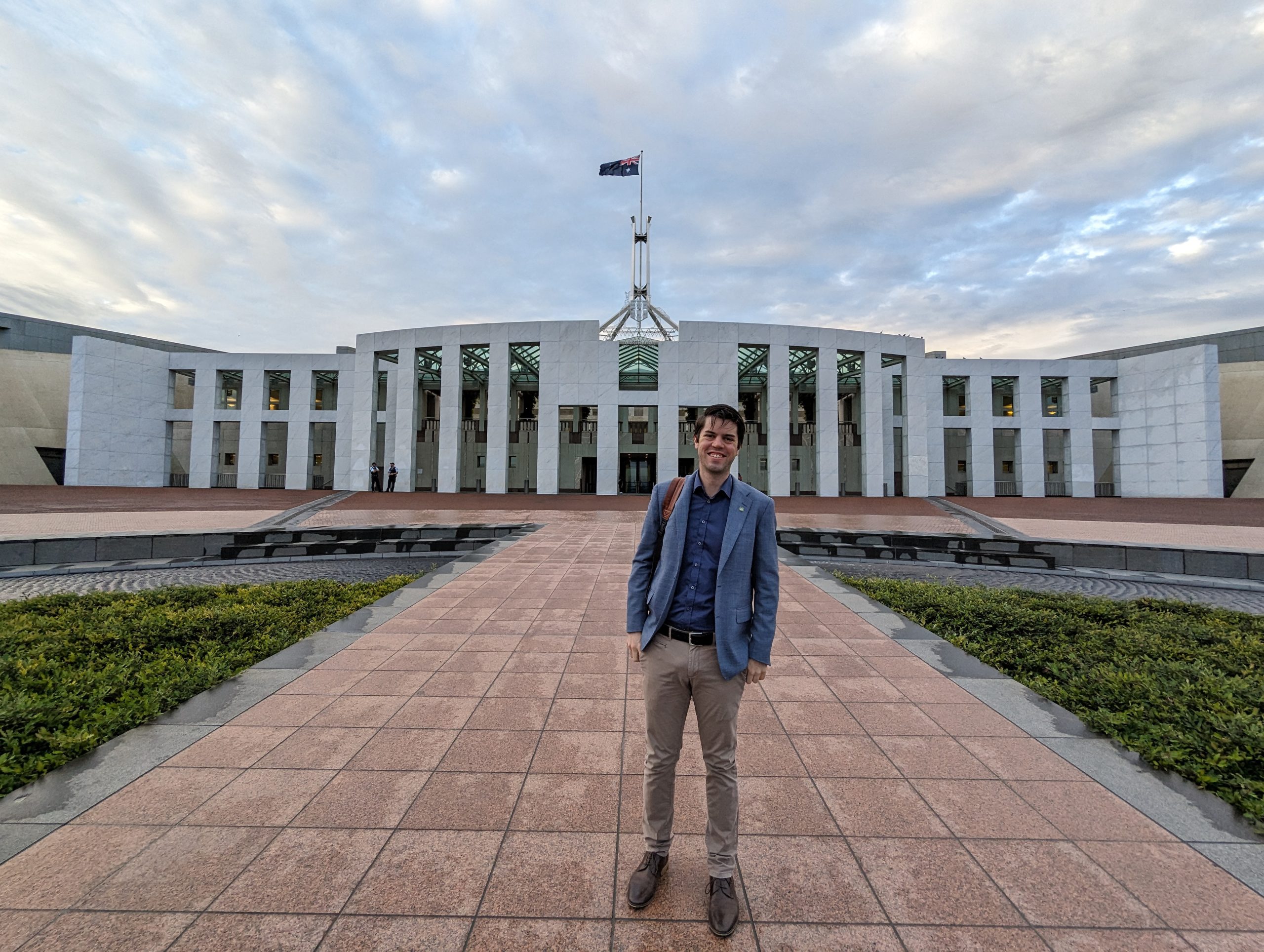Building trust between scientists and policymakers for evidence-based decision making
As a researcher, how do you help politicians create good policy, make good decisions and invest effectively in the future of our nation? At COMBS, we’re equipping our members with the skills to become trusted advisors, guiding evidence-based policies for all Australians.
The challenge
Teaching scientists to advocate for science-backed policies
Evidence-based policies shape the lives of all Australians, from tackling climate change to managing crises like COVID-19. Scientists play a vital role in ensuring these policies are informed and robust.
A recent study – led by ANU and La Trobe universities – found that two-thirds of Australians think scientists should actively advocate for specific policies; while more than 60 per cent think scientists should be more involved in policymaking.
This shows that Australians have strong trust in science and scientists to inform and guide evidence-based policymaking.
But how does a scientist become an advocate for science to inform policymaking?

Dr Chris Perrella at Parliament House in Canberra advocating for science-based policymaking
Our response
Testing a step-by-step guide to connect researchers with policymakers
Training scientists is crucial to ensure they can effectively advocate for science to inform and guide policymaking.
Science Meets Parliament is one such training event, where researchers speak directly to politicians about their work, whilst learning how to engage with policymakers.
COMBS optical physicist Chris Perrella attended the event and created a step-by-step guide for engaging with Members of Parliament (MPs). But he didn’t stop there – he tested the guide on himself.
From researching his local MP and finding common ground, checking his internal university processes, and emailing his MP, Chris followed the steps to see if they led to meaningful engagement.
The results and current progress
Turning a COMBS researcher into a trusted advisor for policymakers
After following his step-by-step engagement guide, Chris met his local MP.
In the 20-minute meeting, Chris’ engagement strategy proved successful: he went prepared with a one-page briefing note, a prop (under $100) to demonstrate his research, and a clear ‘ask’ (inviting the MP to an outreach event) which he crafted with the COMBS Education and Outreach team.
To follow-up on this meeting, he emailed the MP a digital version of his one-pager, reiterated his lab invitation, and shared his experience on LinkedIn. Now Chris plans on applying for Science and Technology Australia’s STEM Ambassadors Program.
Chris’ journey shows the beginning of how a researcher can turn into an active advocate for science. Over time, we hope to equip all our members with the skills to guide evidence-based policies for all Australians.




